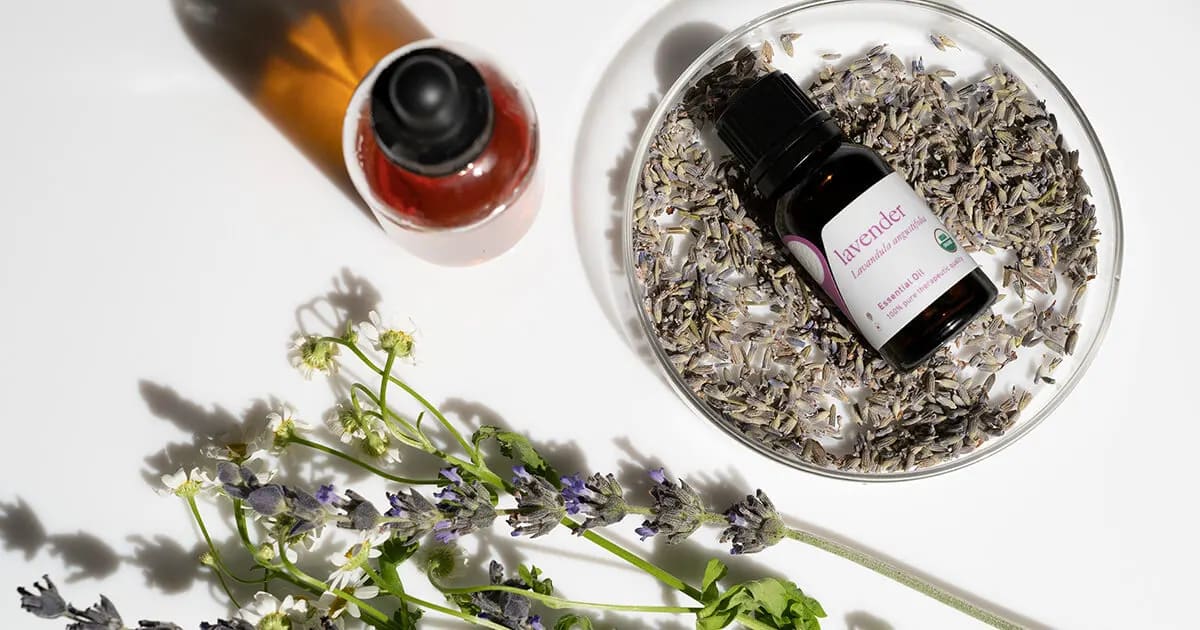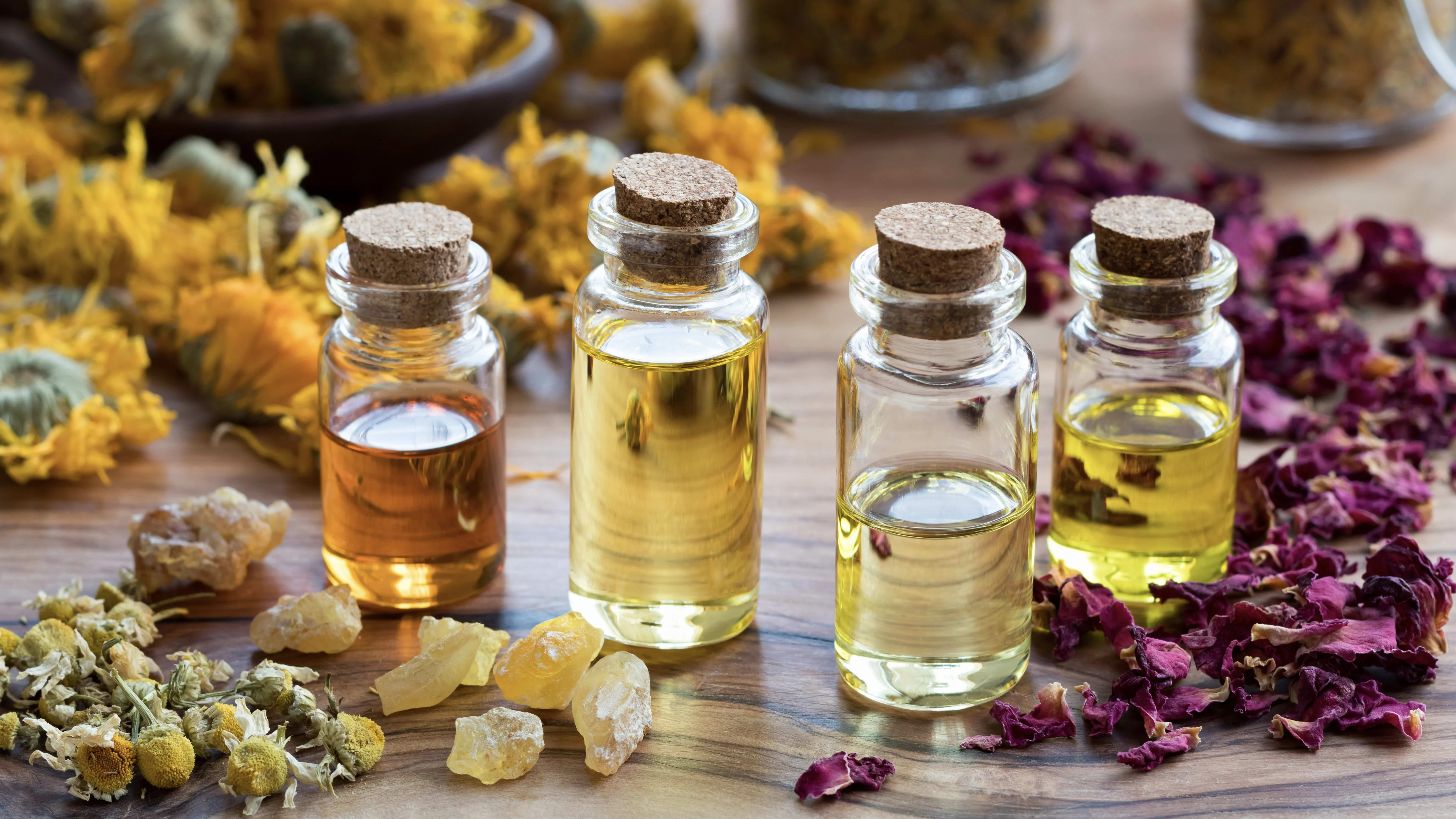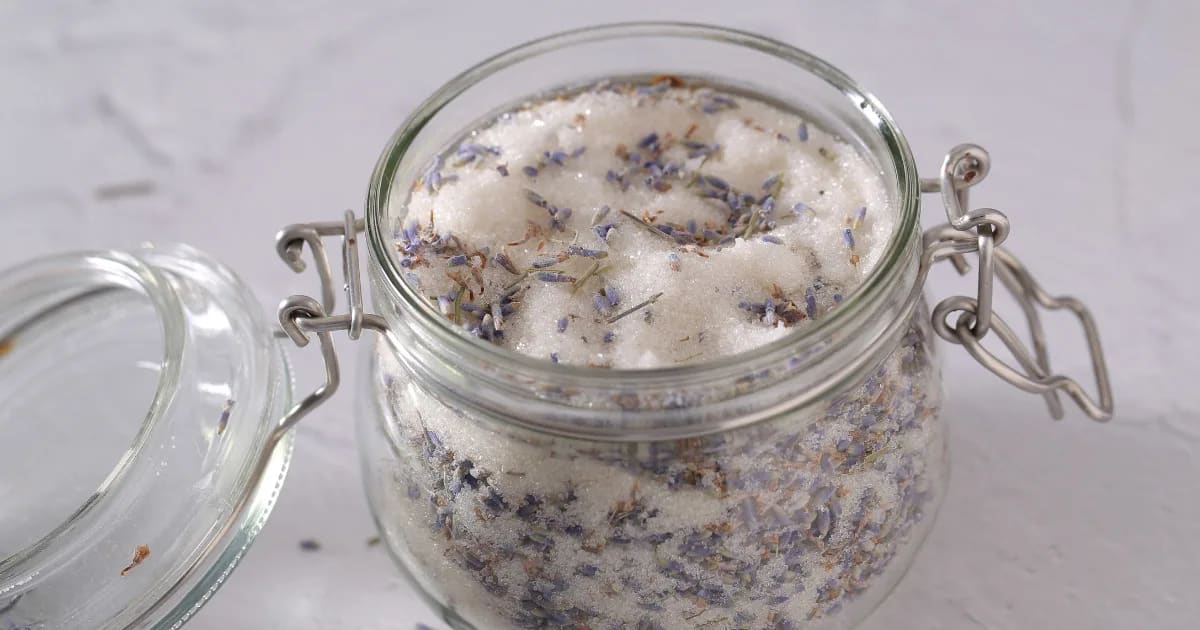Essential Oil Techniques: Blending Based on Plant Part

Manage your emotions by blending based on the plant part.
Have you ever made an aromatherapy blend based on what plant part the essential oils come from?
For example, a blend made of oils entirely extracted from fruits? Or seeds? Or flowers?
It's a creative way to make some powerful blends!
I like blending based on plant parts when using oils for emotional support. I think of the plant as carrying a specific type of energy in its different parts—the roots are stabilizing, the flowers are alluring and expressive, and so on.
Blending based on plant part: woods & fruits!
This recipe is a moisturizing body oil made with oils produced from wood and fruits.
The woody oils come from Atlas Cedarwood and Sandalwood. They carry the energy of wood—strong, secure, and stable. I love using woodsy oils like this when I need extra emotional support or going through a big change.
The fruit oils come from the peels of Yuzu and Sweet Orange. They're bright, energetic, and bursting with sunny energy! Fruits also contain a plant's seeds, which carry new beginnings and inspiration. Isn't it a beautiful metaphor to consider that the happiest energy contains the seeds of new beginnings?
This body oil offers you the emotional security and strength of wood, hand in hand with fruit's sweet, positive energy!
Trees & Fruits Body Oil
1 oz (30 ml) Jojoba oil (Simmondsia chinensis)
4 drops Sandalwood essential oil (Santalum album)
3 drops Atlas Cedarwood essential oil (Cedrus atlantica)
3 drops Yuzu essential oil (Citrus junos)
2 drops Sweet Orange essential oil (Citrus sinensis)
Make this blend in a 1 oz (30 ml) bottle. Combine the ingredients in the bottle, close it up, and shake gently to blend.
A few citrus notes!
Are you familiar with Yuzu?
It's a citrus fruit from Japan that looks a little like a small, bumpy orange. The Japanese tradition is of using this fruit on the New Year to usher in new beginnings and vibrant health.
Many citrus essential oils are phototoxic (meaning that if you apply them to your skin and then expose that skin to sunlight, you could experience burns, blistering, or discoloration). Learn more about phototoxicity—including how to avoid skin reactions—on this post from our blog.
However, Yuzu is NOT phototoxic. And neither is Sweet Orange. That means this blend is sun-safe! Feel free to apply your body oil and spend time outside.
NOTE: Atlas Cedarwood (Cedrus atlantica) is on the endangered list. It's a good idea to ask your supplier how their oil is sourced and produced. Aromatics International gets their Cedrus atlantica from a plantation that uses sustainable practices, so the wood isn't taken from the wild. (Just like Sandalwood, there are plantations that grow Cedrus atlantica with fully sustainable harvesting methods.) It's exciting to see this type of conservation and sustainability making a positive impact! We can also suggest using Juniperus virginiana instead of Cedrus atlantica.
Gain the knowledge and skills to make therapeutically effective essential oil blends! The Aromatherapy Certification Program provides you with the highest-quality aromatherapy education available so you can feel 100% confident in using your essential oils safely and effectively. You'll gain the expertise to create blends for others – and even transform your career!
REFERENCES
Mojay, G. (1997) Aromatherapy for Healing the Spirit. Rochester, Vermont: Healing Arts Press





